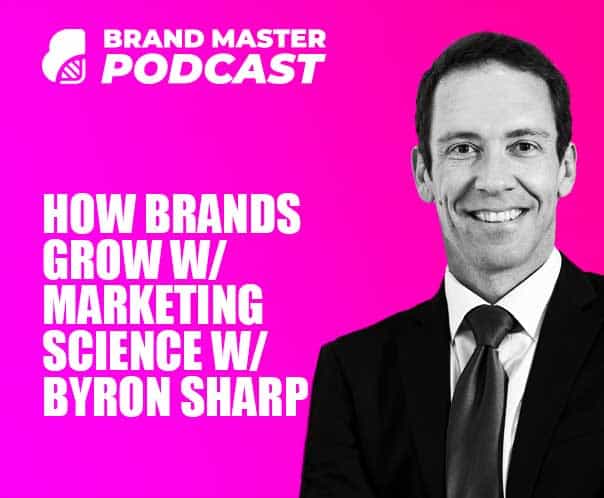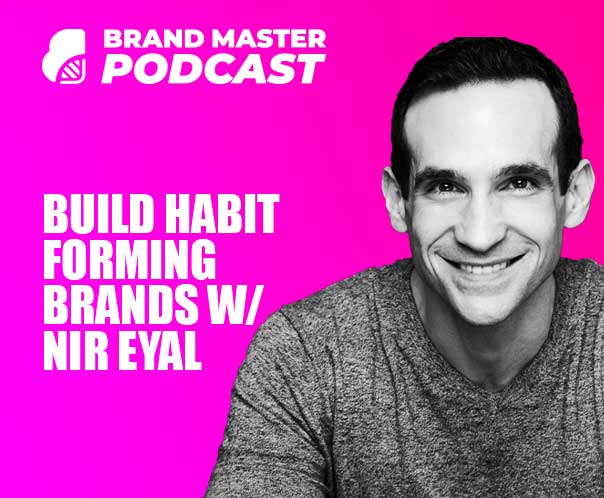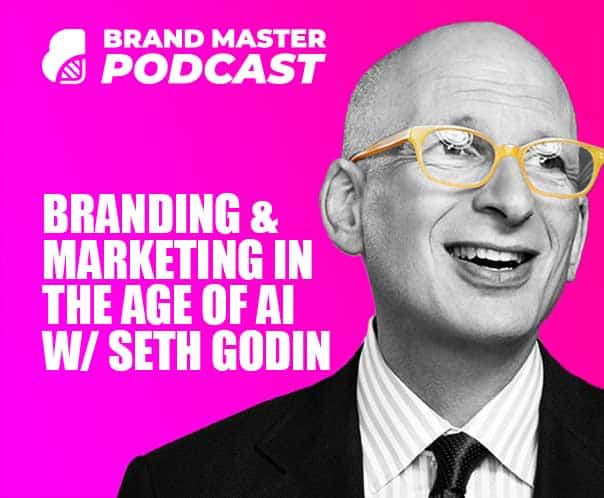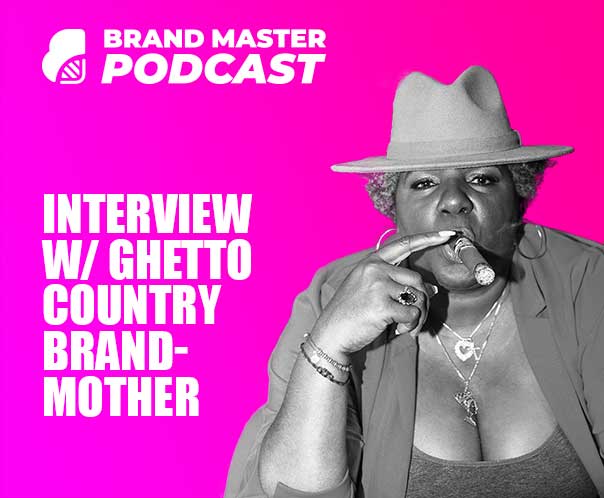Converting brand fans into formalized brand ambassadors can be a powerful tool in branding.
Effective brand ambassadors lead to increased loyalty, engagement, and advocacy.
Let’s examine what it means to be a brand ambassador and how crucial they are to reaching your target audience.
What Is A Brand Ambassador?

A brand ambassador is a person who spreads the word about a brand’s products or services to their network.
They do this to raise brand awareness and ultimately boost sales.
An organization formally hires them to represent the brand positively and promote its products.
Brand strategists may use brand ambassadors in marketing campaigns to market to current and new audiences.
Who Can Be A Brand Ambassador?
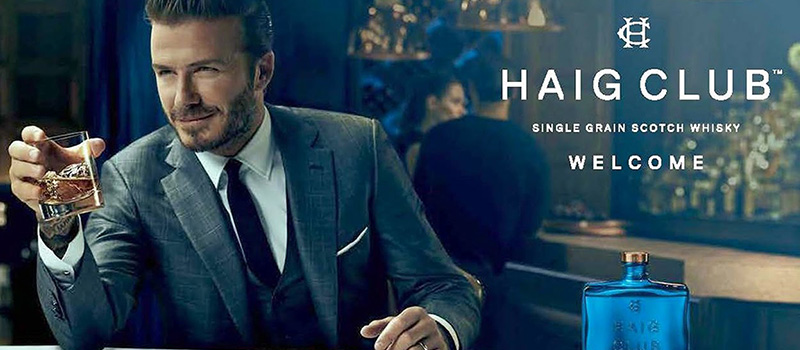
Historically, celebrities have typically filled the roles of brand ambassadors, fronting media campaigns due to their broad appeal.
You can probably think of many supermodels who act as brand ambassadors for beauty products and fashion designers or actors promoting watch brands.
Or, perhaps you can list the many brands that David Beckham has been a spokesperson for over the years as his face appears in promos and product launches.
However, with social media platforms, ‘normal’ people now have access to considerably sized networks online.
That means that real people who love your brand and your products can be brand ambassadors, too.
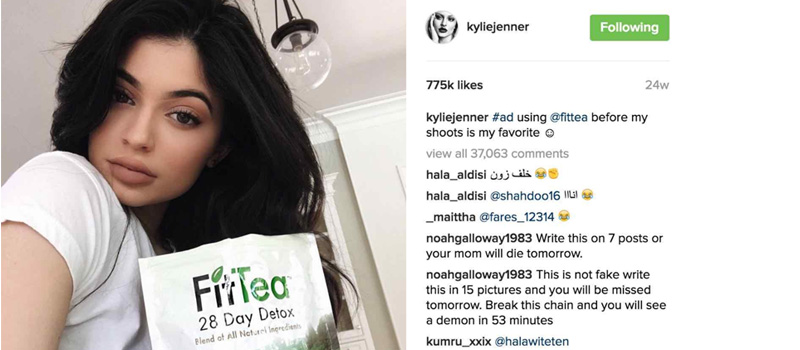
If these people are passionate about your brand, actively use your products, and share the same set of values and beliefs as the brand, then it’s worth your time cultivating their services.
Why?
A brand ambassador job is effectively a walking and talking endorsement for your brand.
They advocate for your products with friends, family, colleagues, and followers on social media accounts.
This word-of-mouth marketing is powerful.
That’s because modern consumers often trust their peers over any marketing collateral that a brand puts out.
A brand’s online reputation is key to fostering trust and leveraging brand ambassadors often comes with that trust upfront through the relationships they have with their audience…
Your perceived reputation is determined by how people actually feel and speak about your brand.
A real customer promoting a brand’s products can be the social proof new customers need to take the plunge and make a purchase.
That’s why brand ambassadors are powerful assets for a marketing strategy that seeks to build a positive reputation in the market.
PRO Brand Strategy BluePrint
Build Brands Like A Pro Brand Strategist
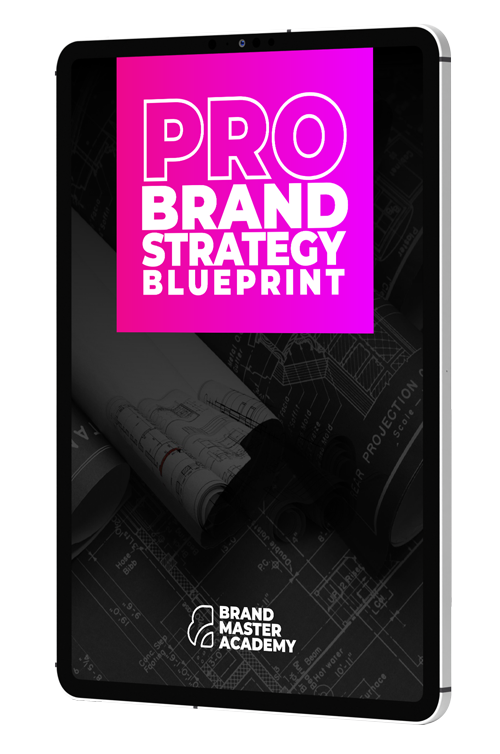
Authoritative Brand Ambassadors

Though the brand ambassador role is growing in its depth and breath, traditionally, brand ambassadors are influential people who can sway the perceptions of others through their status.
Consumers will pay attention to a perceived authoritative source on a particular topic.
That’s why you’ll see fitness instructors as brand ambassadors for gym memberships, gym equipment, and sportswear, or dentists promoting mouth care products.
Yet, the authority doesn’t have to be that overt.
Many small businesses understand employees can actually be some of the most effective brand ambassadors, especially from an employer brand perspective.

Employees often have the best insights into how brand values play out day to day in the company.
They understand how the brand resonates with the audience, and how the brand’s products or services provide solutions, and how those solutions impact customers’ lives.
And, if they have a social media presence, they have a platform on which to post content, share stories, or offer a behind-the-scenes perspective that advocates for their employer.
This dynamic is especially true for B2B employees who will often have a sizable professional network on platforms like LinkedIn.
Employees have rapport, trust, and influence with the people in their professional network.
Multiple employees connecting and advocating on the same platform promote a strong brand culture and togetherness in values and beliefs, attracting both customers and employees.
That dynamic represents an opportunity.
Converting employees into brand ambassadors means you can leverage those relationships to land more conversions.
Explore Brand Strategy
Programs & Tools
Brand Ambassadors vs Influencers
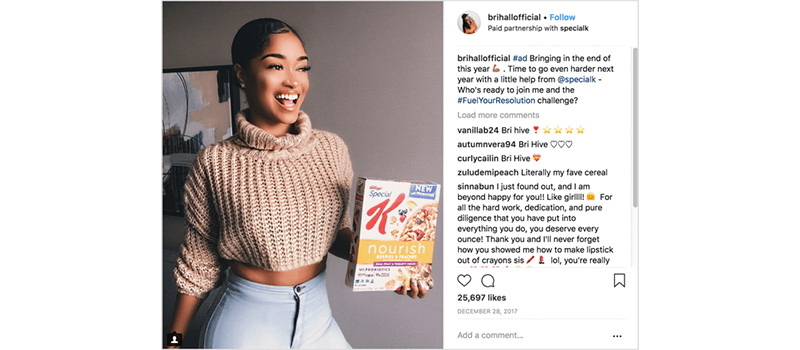
You’ll sometimes see the terms brand ambassadors and influencers used interchangeably.
However, the two terms refer to different roles.
An influencer is someone who has a large social media following, typically more than 10,000.
From a branding and marketing perspective, that’s at least 10,000 potential customers, even if the influencer may not see them that way.
They represent a captive audience who see the influencer as a thought leader, listening eagerly to their perspectives and recommendations.
Therefore, an influencer has the power, if they choose to, to influence their audience by making recommendations for certain products or services.
This dynamic makes influencer marketing powerful since a well-established influencer can add credibility to your brand, especially if their audience and personal brand align with your target audience and brand values.
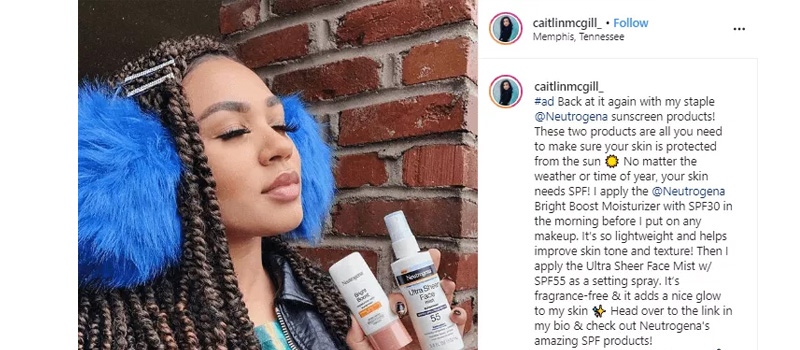
Influencers frequently collaborate with companies and brands on one-time sponsorships.
Some influencers may create content such as review articles, others might show how they use the product within their professional or personal lives and, in the natural course of content, offer a one-time promotion.
While influencers may promote multiple brands concurrently or as one-time promotions,
Brand ambassadors tend to enter formal and exclusive relationships with the brand they’re promoting.
Brand ambassador contracts can have a multitude of structures from product payment to paid employment to commission based and everywhere in-between.
Companies often offer brand ambassadors incentives like free products to get them on board.
Characteristics of a Valuable Brand Ambassador

What makes an effective brand ambassador?
If you’re looking to formalize the recruiting process of brand ambassadors in a brand ambassador program, what qualities should you be looking for?
These four characteristics make for a valuable brand ambassador:
1. Influential
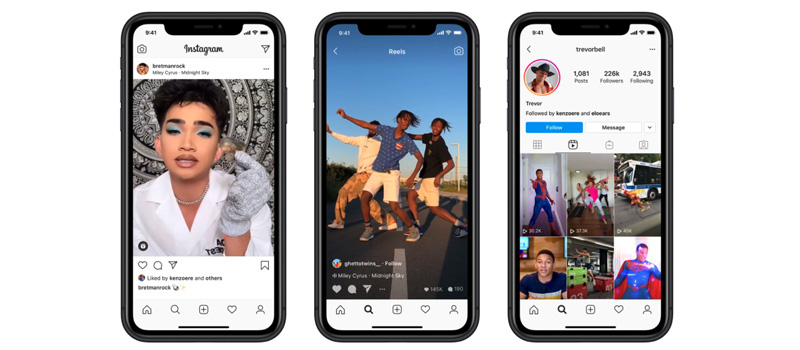
A brand ambassador should have reach and the power to influence an audience.
Can they make great content that supports your brand and share this with a receptive audience?
Whether this is on the smaller B2B scale via employees on LinkedIn or through high-value influencers with fully-fledged social media teams, a brand ambassador must be able to exert influence.
Providing consumers with a consistent brand experience and brand message across all touchpoints is vital to building an influential relationship with the audience.
As a representative of your brand, does the person have the skills necessary to convince the audience via discussions or high-quality content across multiple channels.
They’ll understand the importance of authenticity matched with storytelling to create an emotional connection with your target audience.
Again, whether this is through their social media skills or just raw influence through their personality or status, the key is the power to convince consumers to try your brand experience and ultimately influence their buying decision.
2. Professional

Perhaps a moot point, but you expect your brand ambassadors to act with professionalism.
Unprofessional behavior can embarrass your brand and harm your brand’s reputation.
You want a brand ambassador to behave correctly in all interactions with consumers in a way that only supports your brand values and beliefs.
Ultimately, your brand ambassador is a walking talking representative of your brand and therefore must align with your brand as closely as possible from personality traits to expertise to human values.
3. Natural Leaders
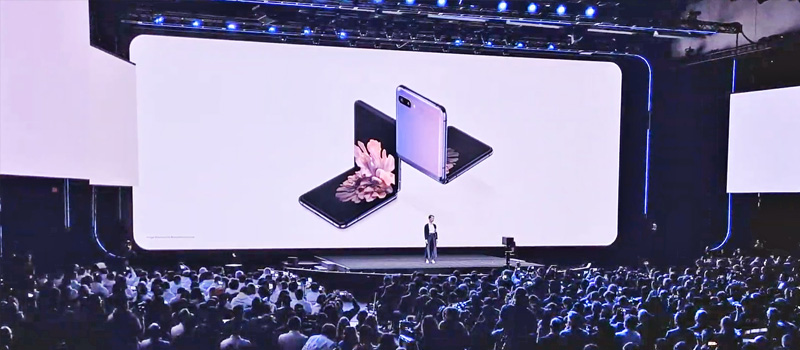
People inherently look towards leaders for guidance and direction.
When we find a leader we trust, we often treat their word as gospel and lean on their judgement.
Confidence is a key leadership trait and more often than not, the leaders we follow exude confidence and charisma.
This confidence and charisma is the critical ingredient to the influence they yeild as their followers lean on this confidence to suppliment their own.
People with natural leadership qualities are often the most persuasive and therefore make great brand ambassadors, especially at in-person events where their skills really come to the fore.
4. Alignment
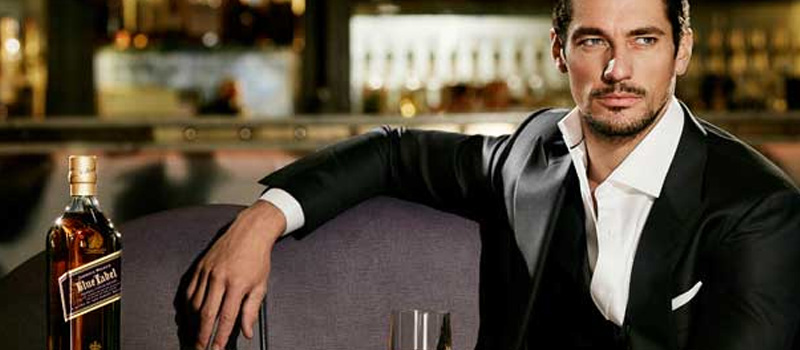
Brand ambassadors are representatives and therefore extensions of your brand.
When they interact with consumers, they are acting on behalf of the brand and makeup one of your many touchpoints with the customer.
Therefore, you must make an assessment about whether the ambassador’s personality is a viable fit with your brand personality.
Do they align with your visual and verbal identity as a brand?
Do they hold the same values as the brand, or is there any disconnect there?
Do they live or support the lifestyle your brand promotes?
Do they support the brand’s mission and vision?
Do you trust them to live out the brand values through their interactions with the audience?
The best brand ambassadors will seem like a personification of your brand and all it stands for.
Successful Brand Ambassador Program Examples
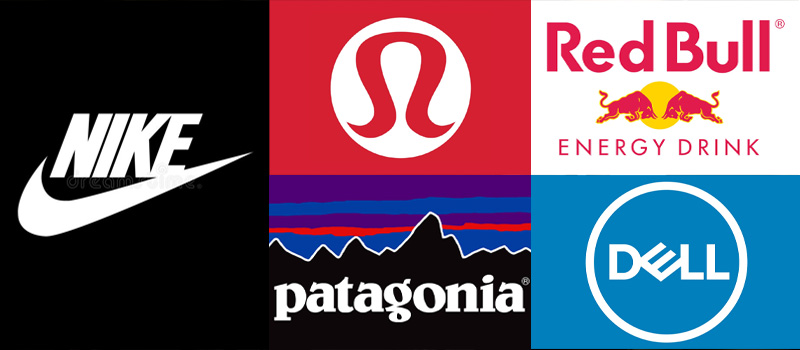
Brands that include brand ambassadors as a key component of their marketing efforts often have better success growing their market share.
Let’s look at a few inspiring brands that are doing it well.
Lululemon
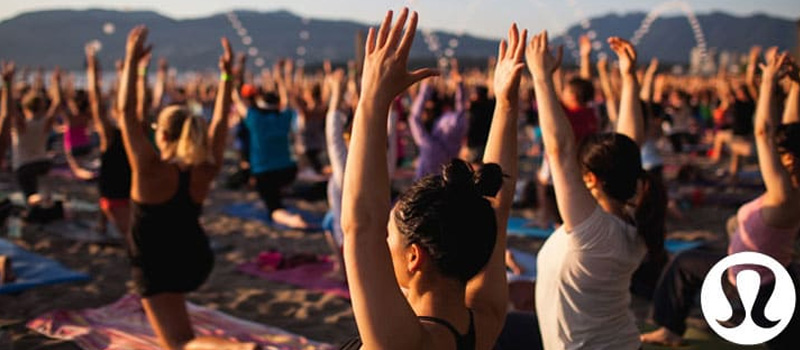
Lululemon’s brand ambassadors model clothing on their website, offer free fitness activities in stores, and write the blogs for the company.
Since it resonates with their dedicated fanbase, the brand deliberately promotes real people doing inspiring things.
Their brand ambassador program has the specific aim of building an inspirational community based around Lululemon’s philosophy and ultimately their products.
In terms of choosing who to represent the brand, Lululemon actively seeks ambassadors who embody the ‘sweatlife’, people who want to sweat, grow, and connect with other people to elevate the community.
The brand ambassador program goes beyond the brand’s products to the ambitious aim of being a positive force for good within the community, helping people to improve themselves and make friends in the process.
The purpose is to build associations between that positivity and the brand itself.
Dell

Dell is a great example of the power of employees as brand ambassadors.
The Dell leadership understood that its tech employees were excellent sources of expert knowledge that could be tapped into.
What’s more, they found that most employees had a favorable outlook on the company, meaning they were natural brand advocates.
They activated over 10,000 employees as brand ambassadors, knowing that their potential reach through social media would be vast, helping spread the brand and its products to a broader audience.
As knowledgeable experts, Dell employees are the perfect brand ambassadors. They know their products inside out and share valuable, helpful content to consumers.
This helps to build brand trust as a go-to source for help with tech issues.
Patagonia

Patagonia engages the services of Instagram celebrities with large social media followings to act as brand ambassadors.
Much of the user-generated content they create features the active, adventurous lifestyle the brand represents.
You’ll see shots of climbers, mountain bikers, surfers and trail runners , all wearing Patagonia clothing.
Although these people may have a large social presence to improve reach, they keep the image of ‘real people’ just enjoying Patagonia’s products and embodying the lifestyle.

Patagonia Australia’s website has a page showcasing brand surf ambassadors featuring the likes of Dave Rastovich, a professional free surfer who campaigns against fish farms and offshore drilling, and Hayato Maki, a professional Japanese surfer who engages in plenty of media work promoting sustainable fishing practices.
These are the archetypes for Patagonia’s ambassadors; media-savvy athletes who excel in adventurous sports while using their platform to promote environmentally-conscious messaging.
Red Bull

Instead of emphasizing the act of drinking Red Bull, brand strategists market the energetic, thrilling experiences that Red Bull can power.
Nowadays, many customers block adverts and ignore public advertising in increasing numbers. That’s especially true for Red Bull’s target audience of 18-30-year-olds.
This audience is mindful of over-saturated, noisy, overt attempts at brand messaging.
The goal of Red Bull’s strategy is to produce user-generated content that these consumers actively seek.
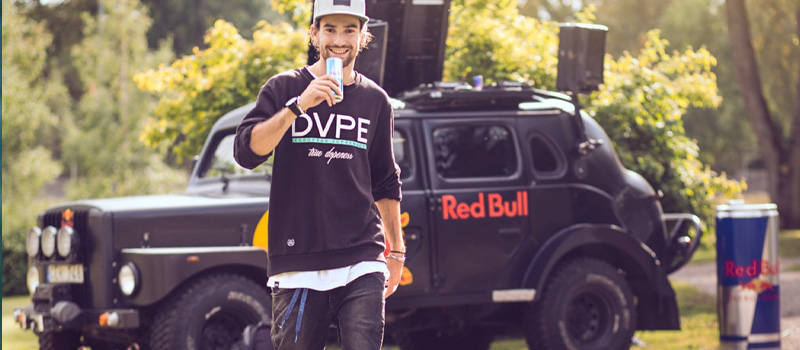
To do this, they have established a brand ambassador program for content producers called The Wings Team.
Through the creation of tons of user-generated content, their ambassador program can link Red Bull with their ideal customers through engaging content showcasing high-energy, thrilling experiences.
It’s simple, the audience builds a positive association between the cool, high-octane content and the energy drink itself.
Nike
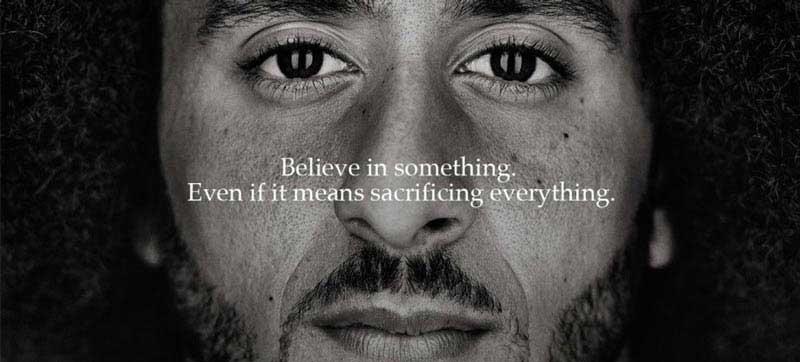
Nike has a long history of working with inspirational athletes as brand ambassadors.
Through some of their choices, Nike has never shied away from risk.
It suits their image as a hero brand not afraid to stand up for what they believe in and be a force for positive change.
This mindset led them to hire NFL star Colin Kaepernick as a brand ambassador.
The 49ers quarterback became a figurehead for the Black Lives Matter movement when he kneeled during the national anthem. He was making a statement to raise awareness around racial inequality, especially police brutality.
This gesture ultimately derailed his career in the NFL.
Many brands would not want to enter this emotionally and politically charged controversial space.
But where less bold brands would shy away, Nike saw an opportunity.
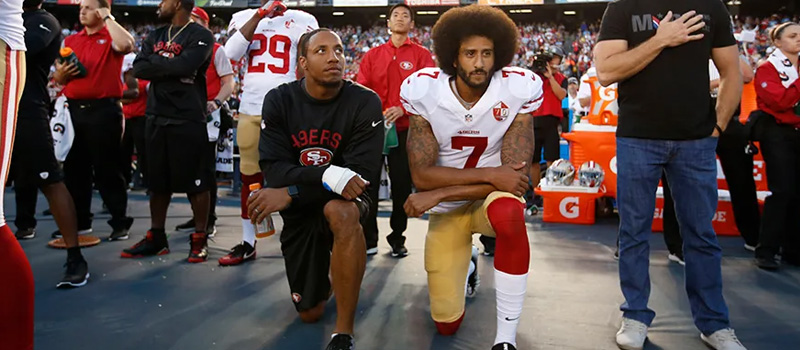
They endorsed Kaepernick in a campaign with the slogan “Believe in something. Even if it means sacrificing everything” alongside the usual “Just Do It” and iconic Nike logo.
Nike experienced some outspoken backlash, including from then-U.S. President Donald Trump.
Videos surfaced of people burning Nike clothing amid calls to #boycottNike.
Yet, the ads resonated with Nike’s core target audience whose response was overwhelmingly positive.
Kaepernick’s stand aligned with Nike’s brand values to make brave statements, making it a perfect partnership that made sense to Nike’s supporters.
On the day they released the campaign, Nike’s stock price went up 7%.
Over To You
Brands have always looked to use brand ambassadors to promote and endorse their products.
Brand strategists have long understood the power of leveraging another person’s reputation or status to give weight to their products and services.
With the rise and influence of social media and with distrust being the default position among many consumers, the power of brand ambassadors to spread a message that builds trust is more significant than ever before.
In the modern marketplace, brand authenticity and brand trust are key differentiators in helping your brand retain a positive place in the audience’s mind.
Brand ambassadors offer brands this trust up front and alignment to that trust enables them to bypass consumers’ skepticism.
The right brand ambassador program can reduce marketing spend, increase market share and fast track-growth.
Maybe it’s time for your brand to tap into the power of brand ambassadors.
On-Demand Digital Program
Brand Master Secrets
Make the transition from hired-gun to highly valued brand strategist in less than 30 days. The systems, frameworks and tools inside this comprehensive program are all you need to level up.



